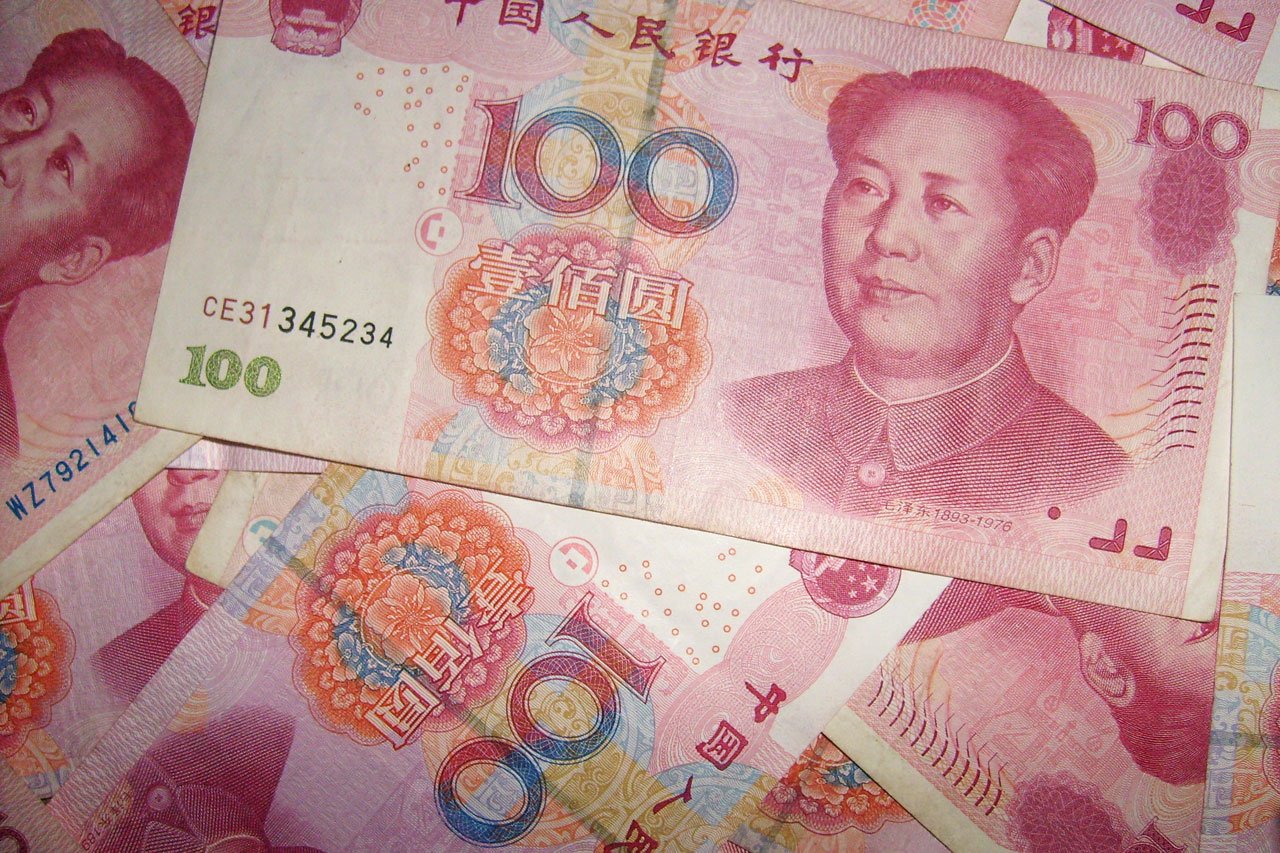Trade War Against China? A Supply Chain Perspective
Comments made by President-elect Trump last year sparked talk of a trade war with China. But what impact will this have on supply chains?
his article was originally published on My Purchasing Center.
The Chinese government recently raised a “tit for tat” challenge to new U.S. President-Elect Donald J. Trump over a potential trade war against China, in an editorial published on China’s international state news outlet Global Times.
The op-ed states that “[a] batch of Boeing orders will be replaced by Airbus. U.S. auto and iPhone sales in China will suffer a setback, and U.S. soybean and maize imports will be halted…” if Trump decides to impose a proposed 45 per cent trade tariff.
A Special Trade Relationship
To overstate the significance of the U.S.-China trade partnership is quite difficult.
In 2015, they accounted for $659.4 billion in bilateral trade, of which $161.6 billion were Chinese imports of U.S.-produced goods. As the largest, and yet still one of the fastest-growing consumer markets in the world, China is vital to the strength and prosperity of America’s export economy.
Most notably, of the American-made products included in the Global Times statement, agricultural products ($20 billion), aircraft ($15 billion), and vehicles ($11 billion) are amongst the highest value U.S. export categories. They are therefore critical to the success of American companies operating in these industries.
From China’s perspective, it is no longer the emerging market economy of decades past. It can instead rely on its own considerable production capabilities, rather than sit by the wayside as the U.S. attempts to push a trade agenda through its considerable economic muscle.
iPhone Impact
Amongst the multi-billion-dollar trade categories, the iPhone may seem like a curious inclusion. However, despite FY2016 sales of nearly $50 billion in China market, Apple’s Chinese revenues are still projected to grow.
Beyond the obvious consequences of an iPhone sales freeze, or a 45 per cent trade tariff on Apple’s top line, there are also significant economic implications behind China’s statement from a supply chain perspective. In particular, from the viewpoint of a procurement specialist.
As the most valuable company in the world, Apple’s tremendous growth in recent years has primarily been driven by sales of the iPhone. The device made up over 63 per cent of Apple’s FY 2016 revenues.
Analyst estimates of the iPhone’s profit margins have put it at over 70 per cent of retail value. This makes it by far the most lucrative amongst Apple’s products, and likely across the spectrum of consumer technology products.
According to a recent report by BMO Capital Markets, the iPhone took an astonishing 103.6 per cent of smartphone industry profits in Q3 2016. What enables the iPhone to reap such staggering margins is largely due to Apple’s global supply chain. It entails near end-to-end cost minimisation, and an integrated procurement strategy from its hundreds-strong global supplier network.
Value Chain Activities
Apple’s value chain, from its inbound logistics and manufacturing through outbound logistics and marketing, all go through China in one way or another. Procurement plays a central role in providing each activity with the necessary resources to operate efficiently and at low cost.
A proposed 45 per cent Chinese trade tariff would fundamentally alter how, and from where, Apple procures the majority of these resources. It would also significantly drive up costs and logistical complexities throughout the whole of its global supply chain.
It is important to note that very few companies possess the in-depth supply chain practices of Apple. Therefore, integrating a centralised procurement structure into such companies’ supply chains becomes even more critical.
The prevalence of global supplier and distribution networks, like Apple’s, across modern manufacturing companies relays the important role of procurement specialists in the development of integrated strategies. These strategies must not only generate value, but also mitigate the multitude of risks associated with maintaining international supply chains.
In the event of significant geo-political and economic shocks, such as a potential U.S.-China trade war, procurement can work closely with companies to ensure manufacturing processes are harmed as little as possible.
This means that across affected countries, companies can rest assured that their sourcing, manufacturing, distribution and sales activities can be substituted quickly and cost-effectively through alternative sources, while maintaining similar levels of cost and operational efficiency.
Ultimately, no one can say for sure whether President-elect Trump will initiate a trade war with China. Or to what extent Apple and companies like it will be affected. However, companies with an established supply chain and sound procurement practices can sleep in comfort knowing that they will be prepared to face similar challenges that may come their way.
